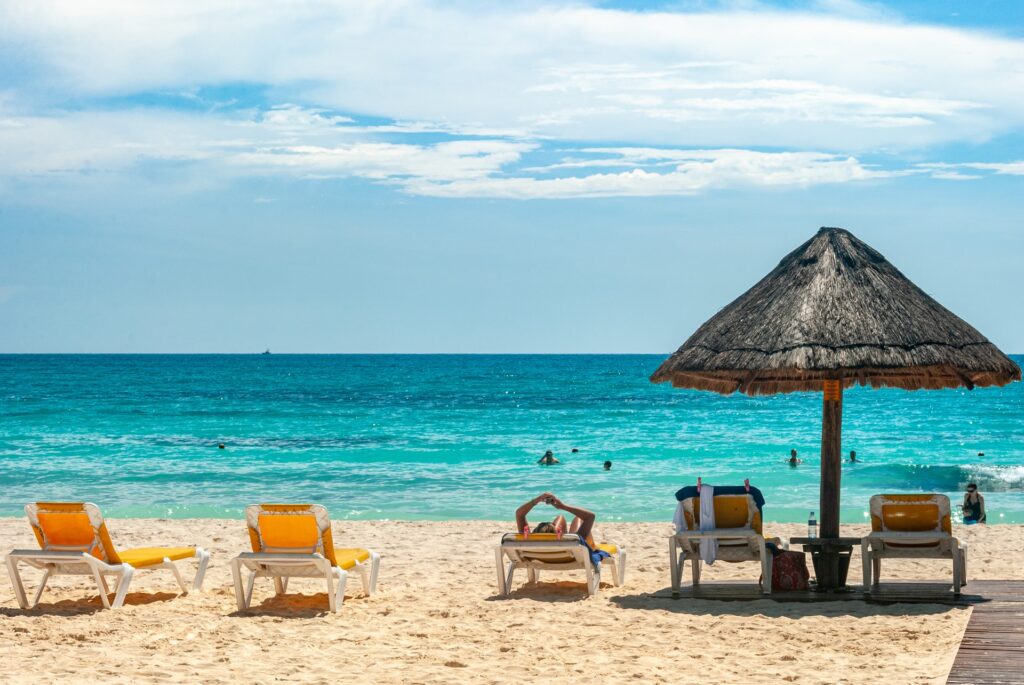
The United Nations World Tourism Organization (UNWTO) and the World Health Organization (WHO) have appealed for the relaxation of travel bans, arguing that they bring no value to the economy and continue to contribute to social and economic stress. The two United Nations organisations have decided to collaborate on the development of a global trust infrastructure for the recovery of the tourism industry.
An increasing number of countries around the world have begun to relax their rules for international arrivals, including the relaxation of travel restrictions in the past few days. The decisions are in line with the World Health Organization’s most recent recommendations for safe international mobility, which emphasise the ineffectiveness of blanket restrictions in preventing virus transmissions. Such a trend is also consistent with UNWTO frequent warnings about the significant social, economic, and development harm caused by restrictions.
UNWTO and WHO collaborative approach
The leaders of UNWTO and WHO met in Geneva and agreed on the significance of reducing or lifting travel bans. Risk-based, evidence-informed, and context-specific regulations should be implemented in place of blanket prohibitions and restrictions.
According to UNWTO Secretary-General Zurab Pololikashvili, “guided by UNWTO, global tourism has followed WHO advice from the very start of this crisis,” He highlighted the need to “continue to do so, and to open up again, safely and responsibly, and allow tourism to deliver on its unique potential as a driver of recovery and growth”. He highlighted the need to “continue to do so, and to open up again, safely and responsibly, and allow tourism to deliver on its unique potential as a driver of recovery and growth”.
An approach based on risk and evidence
All measures taken against overseas travellers should be based on “risk assessments – including testing, isolation, and vaccinations,” according to the WHO International Health Regulations (IHR) Emergency Committee on COVID-19. It is also important to note that the financial burden of such measures should not be borne by the travellers themselves.
“As countries ease travel restrictions, health must remain the key priority. By basing their decisions on evidence and a risk-based approach adapted to their specific context, countries can find the right balance between keeping people safe, protecting livelihoods and the economy, and keeping borders open”, said WHO Director-General Dr Tedros Adhanom Ghebreyesus.
Creating a global trust infrastructure
“The two UN agencies also stressed the need for clear and consistent rules relating to health and travel. There is a need for building a global trust architecture for societies and economies in the context of the pandemic, and there is a “real opportunity for tourism to contribute to that process, with UNWTO playing a critical role”, according to Dr Michael Ryan, Executive Director of Who is Health Emergencies Programme.
Tourism has the potential to be a force for growth and opportunity if properly managed, as seen by the sector’s increased prominence in the broader United Nations development agenda. Tourist arrivals have surged in destinations all around the world as restrictions have been lifted or removed. This pattern has the potential to jump-start economic recovery and re-establish social development progress.
Switzerland, one of Europe’s most popular destinations, was one of the countries that altered their travel restrictions, and it welcomed the UNWTO group at the start of a week of important meetings.
